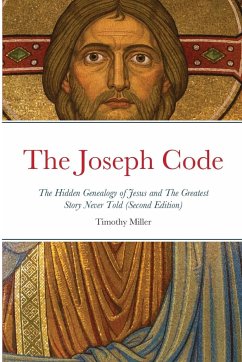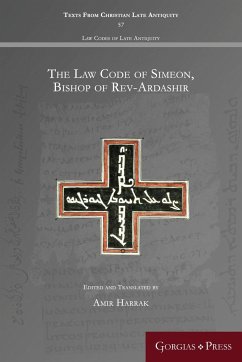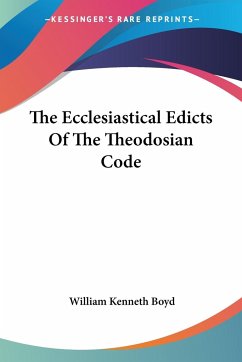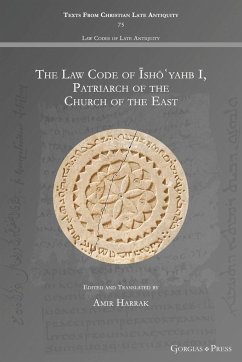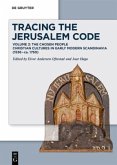There are those who insist that Jesus never existed, that he was the sole product of a first century imagination, or was created as the result of a Roman Caesar's conspiracy. All it takes to maintain such a position is to ignore written history. The Roman historian Publius Cornelius Tacitus (56 CE - 120 CE) wrote about a man called Christ who was executed in Tiberius' reign by the governor of Judaea, Pontius Pilate. The Jewish historian Josephus (37 CE - 100 CE) wrote not only about Jesus, but also John the Baptist and Jesus' brother James. Saul (Paul) of Tarsus (5 CE - 67 CE) also wrote about Jesus and his brother James. So how is it that a man who never existed had a brother named James and was attested to independently by three known historical figures? The question at hand is not did Jesus of Nazareth really exist, but rather, did the Jesus of Nazareth portrayed in the Gospels of the New Testament really exist? The answer to that question is rather complicated. While the composers of the Gospels and the book of Acts give us ample clues that Jesus was an Essene Nazirite (or Nazarite depending on the spelling you prefer) , the Gospel writers themselves seem completely oblivious to the fact. Not only that, the earliest Jewish Christian groups that we have record of did not believe that Jesus was born of a virgin, or that he was the literal Son of God. However, among the Gentile Christians these views were widely accepted. How did these divergent views originate? Jesus and the early disciples are not known to have been prolific writers, so obviously their history was composed by someone else. The most prolific writer in early Christian history was Saul (Paul) of Tarsus, and it was his writings that had the biggest impact on early Christian theology. Paul's writings were in circulation decades before the Gospels were written. The problem is that Paul never met Jesus personally, yet claimed to have had a divine revelation regarding Jesus' earthly mission and his role as the long awaited messiah. The question at hand is whether or not the New Testament accurately records the life and teachings of the historical Jesus of Nazareth, or was he supplanted by the Jesus of Paul and his Gentile followers?
Bitte wählen Sie Ihr Anliegen aus.
Rechnungen
Retourenschein anfordern
Bestellstatus
Storno

